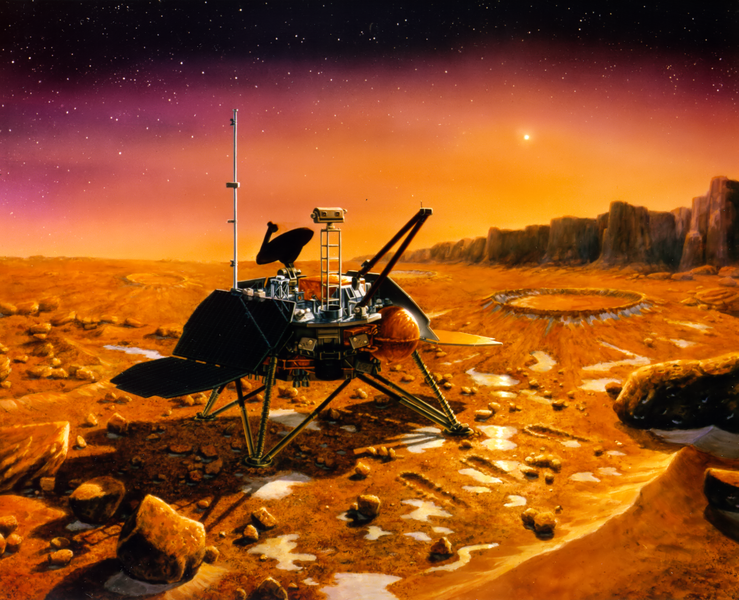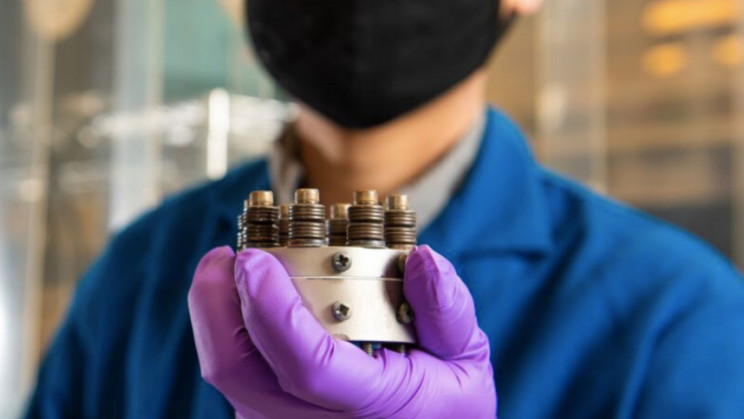Mars: The New Frontier
Interest in Mars has surged, with the planet being a key target for exploration and potential settlement due to its potential to have once supported life. However, the dream of colonizing Mars might hit a roadblock in an unexpected place: our kidneys.
The Health Risks of Space Travel
Extensive research has examined how space travel affects the body, especially beyond Earth’s magnetic field, where galactic cosmic radiation (GCR) and microgravity are concerns. University College London (UCL) researchers conducted the largest study to date on how kidneys respond to longer spaceflights, such as a journey to Mars.
Galactic Cosmic Radiation (GCR)
Published in Nature Communications, this research is the most comprehensive analysis yet on how spaceflight impacts kidney health. Galactic cosmic radiation (GCR) consists of high-energy particles zipping around space. In this study, researchers exposed mice to simulated GCR levels that astronauts might encounter during a long Mars mission (1.5 to 2.5 years). Not surprisingly, the results weren’t pretty.
Alarming Findings
Their findings paint a worrying picture:
- Kidney Damage: After six months, the mice showed signs of malfunctioning kidneys, including tiny blood clots.
- Structural Changes: The tiny filters inside our kidneys, called tubules, were damaged by the radiation. This could be linked to the higher risk of kidney stones astronauts experience in space.
Next Steps for Space Health
So, what now? This research highlights the importance of understanding how space travel affects our bodies. Scientists are scrambling to find solutions, from protective measures against GCR to developing therapies to keep our kidneys healthy on these long journeys.
One thing’s for sure: reaching Mars will require innovation not just in rockets and spaceships but also in protecting the amazing human bodies that will take us there.






